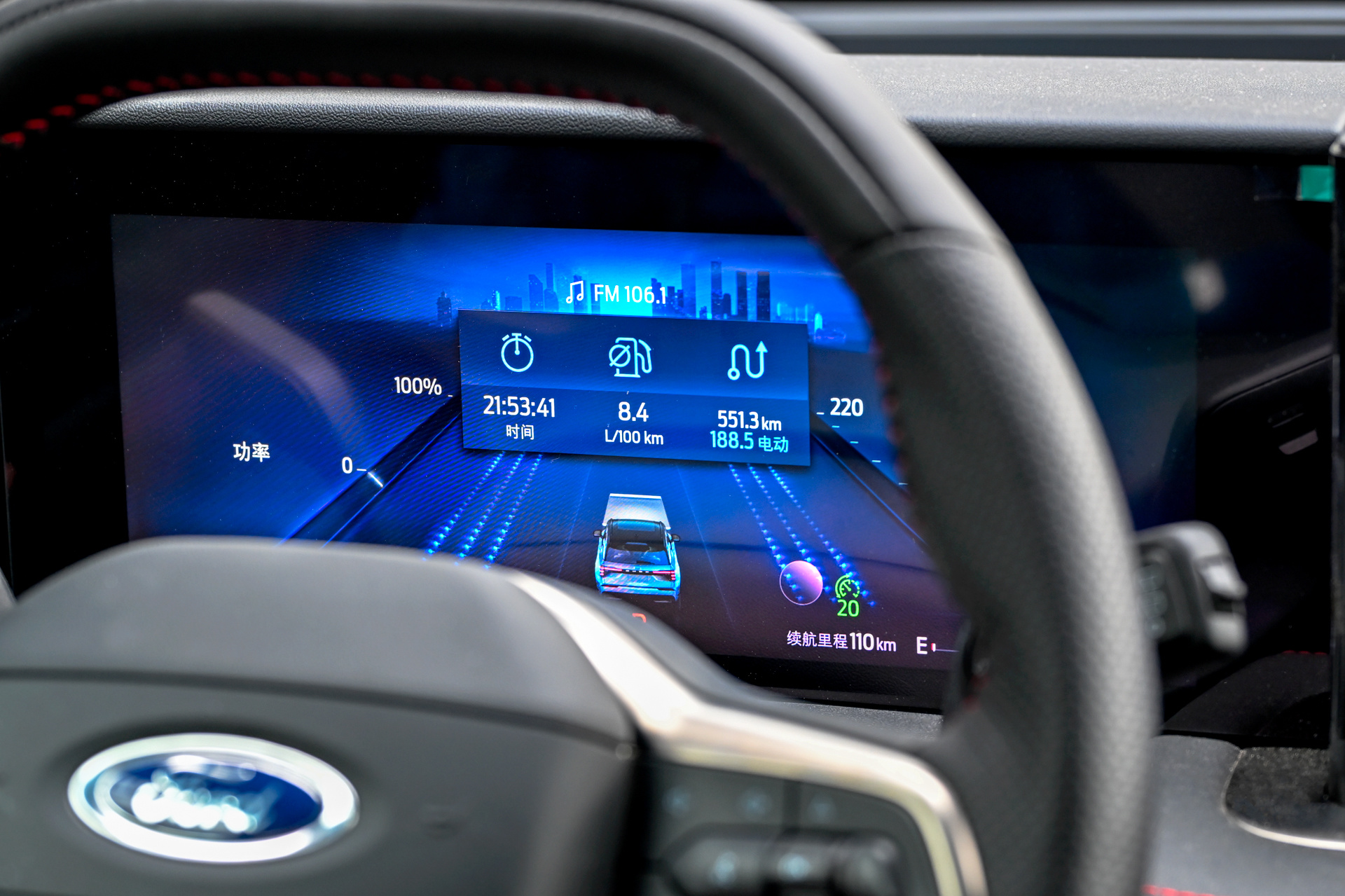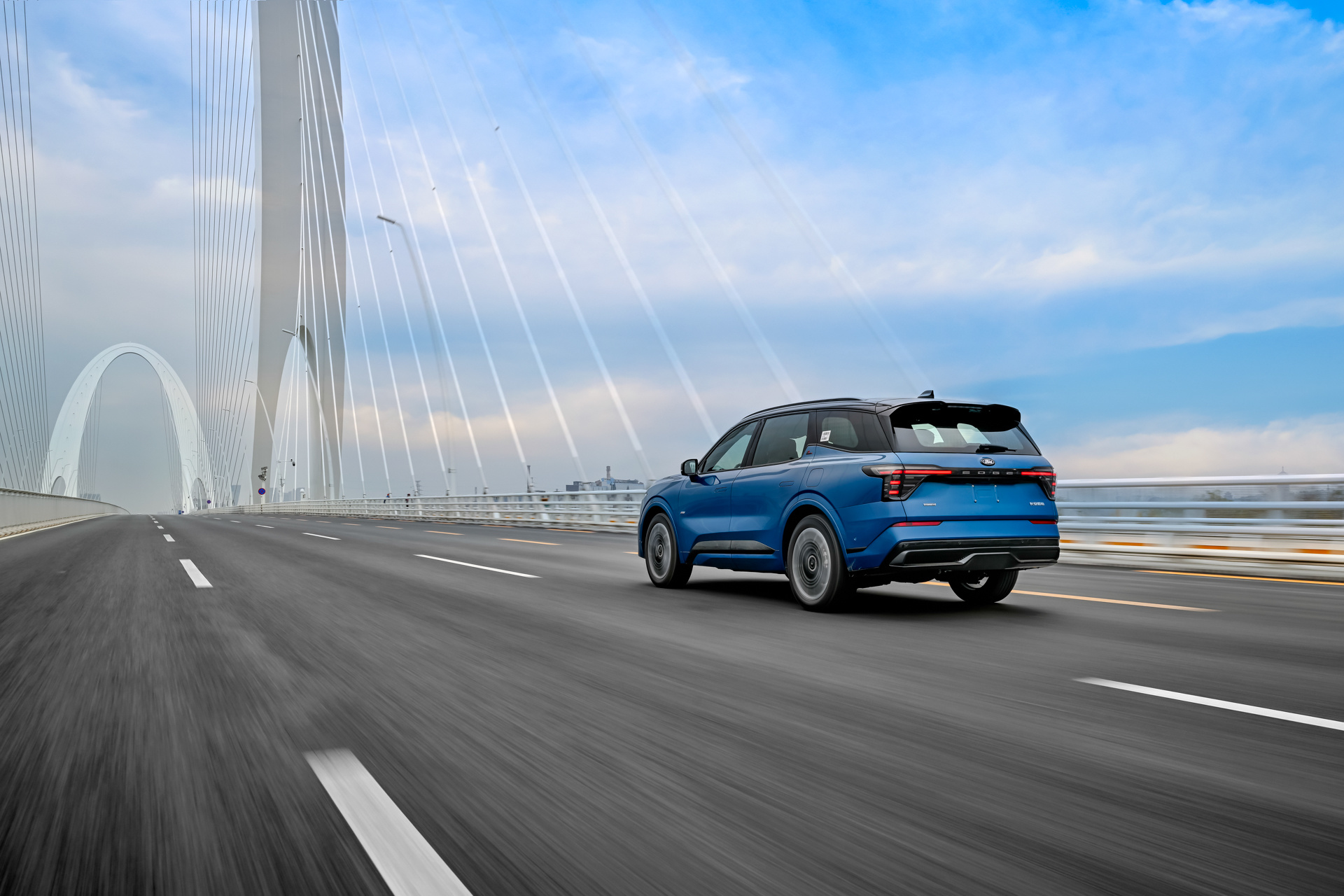[car home Technology] After driving for a certain mileage, vehicles often have slightly different driving feelings from new cars, and the reason for this is ultimately attributed to the components that make up the vehicle. Therefore, we have done such a thing, completely disassembling a family car that has traveled 100,000 kilometers in a short time, which is the first time for us.

Because it is the first time to make such a topic, we found many problems in the planning process, which may lead to the failure of the dismantling project, such as the dismantling site, vehicles used for dismantling and related technical support. Therefore, we finally decided to cooperate with automobile manufacturers. After a long period of communication, Dongfeng Nissan Qichen accepted our proposal.
● Why choose a car that travels 100,000 kilometers for disassembly?
The reason why the mileage of 100,000 kilometers is selected is because when a car travels more than 100,000 kilometers, some faults and problems will gradually emerge, which has little to do with the brand and price of the vehicle, that is to say, even millions of high-end brand vehicles may have various problems.
By disassembling a vehicle traveling 100,000 kilometers (disassembling it to the most basic component level, such as a bolt or a bearing), we can tell you which components will wear, especially the chassis system and powertrain system, which are normal and which are abnormal, and how these wear will be related to the final vehicle performance. In this process, we will also tell you how to reduce this unnecessary wear in daily use.
● Which car to dismantle?
Initially, we had several basic requirements for vehicle selection:
1. The longer the mileage is on the basis of 100,000 kilometers, the better;
2. The vehicle has not been modified in power and performance, and it is all set by the original factory;
3. The vehicle has not had any accidents;
4. The vehicle is the original paint;
5. The vehicle is normally maintained in the 4S shop according to the regulations.
The vehicle has not been modified and has not had an accident. At the same time, these conditions are maintained normally, and some interference factors are eliminated as much as possible. Only in this way can the contents presented by disassembly be more representative. Based on the above points, (click for details) we have collected vehicles in the forum. In addition, you may also see the collection information of vehicles in the 4S shop. After screening, a Qichen D50 was finally locked.

● Ran 100 thousand kilometers a year!
The Qichen D50 we chose has a mileage of more than 100,000 kilometers in more than one year, and the average daily mileage is more than 300 kilometers. We only know the reason by asking the owner. Because of business needs, car owners often drive back and forth between cities in the Pearl River Delta region. Most of the roads they drive are high-speed and relatively smooth national roads, while the rest are relatively congested and complicated urban roads.
● Where shall we open it?

Such disassembly requires the cooperation of the site and relevant personnel. At the same time, we also hope to send the vehicle to a professional institution for testing and verify the state of the vehicle through the test data. Based on the above demand, we transported the vehicle to Dongfeng Nissan Factory in Xiangyang City, Hubei Province for disassembly. It is worth mentioning that it can also be borrowed from the professional test site in the factory to evaluate the vehicle subjectively.
● Basic information of the vehicle

This Qichen D50 was produced in April 2012, and the specific model is the 2012 1.6L manual comfort version. The owner bought this car in June last year. After buying a car, the owner first installed an electric rearview mirror in the 4S shop (it is indeed a very practical configuration, and the manufacturer seems to realize this, which became the standard of the whole department on the 2013 Qichen D50), an anti-theft device, a leather seat and a reversing radar. We found a slight crack at the adjusting button of the electric rearview mirror, which may be caused by the later installation.

For more than a year, the owner carried out routine maintenance in the 4S shop according to the provisions of the maintenance manual. At the same time, during the use process, the owner himself felt that there was abnormal noise at the position of the generator and the front shock absorber. After going to the 4S shop for inspection and maintenance, he finally replaced the generator and the right front shock absorber free of charge through the claim procedure. In addition, before lifting the new car, the engine harness was damaged due to the storage problem of the car, so the engine harness was also replaced.
| Maintenance claim record |
| Maintenance project |
cause |
road haul |
date |
| Replace engine wire harness. |
The engine harness is damaged due to storage problems of the vehicle. |
5737 kilometers |
July 23, 2012 |
| Replace the right front shock absorber assembly. |
Top of right front shock absorber
Abnormal sound of plane bearing |
43,743 kilometers |
December 15, 2012 |
| Replace generator assembly. |
Generator pulley bearing ring |
66,500 kilometers |
March 23, 2013 |
● Owner’s evaluation of the car
In more than a year’s use, the owner is satisfied with the overall performance of the car, and there has never been any breakdown on the way to and from the city. Because it is located in the high humidity and high heat environment in the south, the owner turns on the air conditioner every time he gets on the bus. According to the road conditions explained earlier, the fuel consumption is more than 6 liters per 100 kilometers, and the owner is quite satisfied with this fuel consumption. The owner also thinks that the noise of the engine of the car is relatively small and the gear is very clear. In addition, the owner is also very satisfied with the space performance of the car and the cooling effect of the air conditioner. As for the shortage, the owner thinks that the interior of Qichen D50 is too simple, and I think this is also a compromise that has to be made from the perspective of cost control.
● Editor’s subjective driving experience (static+dynamic evaluation)
The vehicle has been explained clearly, and after listening to the owner’s feelings about the car, let’s make a subjective evaluation. Let’s see what changes will happen to the vehicle driving 100,000 kilometers from the most intuitive feeling. To this end,We found a 2013 1.6L manual deluxe version of Qichen D50 (hereinafter referred to as the new car) with a mileage of only over 2,000 kilometers for comparison, thusFeel the difference and difference more obviously.
-Good appearance and interior color.

Perhaps it is because of the relatively short service life and the care of the owner. In short, it is difficult for us to associate this car with driving 100,000 kilometers through static observation. Its appearance and interior color are good, and all functions of the vehicle are normal.
-Abnormal sound may come from generator pulley bearing.
After landing, under the condition of quiet external environment, there was abnormal noise coming from the pulley side of the engine crankshaft, and it was preliminarily judged that it came from the pulley bearing of the generator. If this is the case, it can be seen that the generator assembly replaced by claim has the same problem again. But whether the abnormal sound comes from here or not, we have to wait until the disassembly to find the real answer.

-There is slight abnormal sound at the stop bar.
We found that this old car will have a slight abnormal noise when it is in gear, but it will not affect the clarity of gear and the feel of shifting. We feel that this abnormal noise is probably caused by the lack of adequate lubrication of the gear selection mechanism. In the later disassembly, we will further confirm the cause of the problem.

-The noise of the old car is slightly louder than that of the new one.
In terms of noise, we selected two points: idle speed and 80km/h (the engine speed is about 2000rpm after the manual gear D50 is engaged in the fifth gear at this speed) to compare and test the new car and the old car. From the results, the new car is better than the old car with a mileage of 100 thousand kilometers, but the advantage is relatively small, especially when idling, the abnormal noise from the pulley of the old car leads to the obvious noise of the old car in idling. In fact, the increase of noise is an unavoidable problem for any vehicle, because the rubber and related materials that play a role in sealing and sound insulation will age to a certain extent with the passage of time, which will lead to the noise can enter, thus making the noise of vehicles rise slightly.

-The dynamic performance of the old car is better than that of the new car before the running-in period.
In addition, we entrust a third-party testing organization to test the dynamic performance of two Qichen (one new and one old) (the tires are all new tires of the same brand and series). Judging from the final results, the dynamic performance of the old car that has traveled for 100,000 kilometers is better than that of the new car, and it is not unusual to see this situation. After all, the new car is still in the running-in period, and the power and chassis system have not yet reached the best running-in state. In addition, although the old car has been fully run-in, there will be a certain degree of attenuation in the power system, but the attenuation of this car is not obvious because of its good driving condition, which can also be confirmed by the disassembly of the engine and transmission of the old car in our later period.
| Comparative experiment of dynamic performance (not representative of all operating conditions, for reference only) |
| Experimental project |
New car |
Old car |
| Maximum speed (km/h) |
186.9 |
189.2 |
| 0-100km/h acceleration time (s) |
11.59 |
11.44 |
-the new car is tighter and the old car is slightly loose.
In terms of actual driving experience, we choose to carry out it in a closed test site, where there are many different roads that can simulate the bumps, twists, speed bumps, asphalt roads, stone roads and gravel roads that vehicles may encounter when driving on actual roads.

By comparing the test drive of two vehicles, the first obvious feeling is that the new car is more compact and complete, while the old car is slightly loose. When passing through cobblestone sections, the interior parts of the two cars will have obvious abnormal noise, while the old car is more prominent. I think this may be related to the deformation of the plastic parts in the car after a certain period of use and the change of assembly clearance.

When I was driving at a speed of about 20km/h on a twisted road with ups and downs, I could obviously feel that the potential energy of the spring could not be reduced and absorbed quickly because of the performance attenuation of the shock absorber in the old car, which made the body bounce relatively greatly, while the body bounce of the new car was smaller. Based on this, we have to dismantle the shock absorber destructively in the later stage to see what happened inside the shock absorber, and please pay attention to our subsequent disassembly report.

Summary:
Through subjective driving experience, we have a preliminary understanding of the basic situation of the vehicle. In terms of appearance, interior and various functions of the vehicle, the vehicle has maintained a relatively new level. However, after all, I have already traveled 100,000 kilometers, and I immediately felt the obvious difference through driving. We have also recorded some good or bad situations found, and we will find the corresponding answers for everyone in the later disassembly. (Text/car home Feng Jingyi)
Next notice:
At the beginning of this topic, this paper mainly explains the daily use of this vehicle which has traveled for 100,000 kilometers. In addition, we will also analyze the subjective evaluation of static and dynamic driving, and find the answer to the question through detailed disassembly in the later period.

[car home Technology] With the increase of mileage, the aging characteristics of vehicles are becoming more and more obvious. For drivers, abnormal noise is the most intuitive category. As mentioned in our previous article, the owner judges that there may be some problems in the vehicle based on abnormal noise, and the subsequent inspection results also confirm the reliability of this intuition, and those silent changes are also taking place. We ended them when the odometer of Qichen D50 entered the 100,000-kilometer mark. This article will show you the situation of the body and chassis.

If you don’t know what we are doing, it is necessary for you to know the contents of the first stage, such as why we are doing this, how we choose the car, and of course, the general situation of disassembling the car is also very important. (Click for details)
The second stage: body disassembly



Don’t underestimate the structure of this energy-absorbing box. Through literal understanding, we know that its function is to absorb collision energy by virtue of its own deformation in the event of collision, so as to reduce the impact on the back.
It’s easy to say, but it needs careful design to achieve better energy absorption effect. On the one hand, the wrinkle design on its surface divides the energy absorption process of the energy absorption box into three parts, which makes the energy absorption process of each part relatively independent and stable, and the position and amplitude of these two folds are obviously calculated through a lot of calculations. In addition, the energy-absorbing box connected by bolts can effectively control the maintenance cost.
In the energy-absorbing box, different cars have different structures, some cars are not equipped with energy-absorbing boxes, some cars are equipped with energy-absorbing boxes but have no wrinkle design. In addition, there is a difference in the connection mode of energy-absorbing boxes. Some cars’ energy-absorbing boxes are connected with anti-collision beams and longitudinal beams by welding.


☆ Door disassembly





Further disassembly in the car
The next step is to disassemble the car body further. In the end, what we see is just a car body, just like the car body we see in the painting workshop every time we visit the factory. Although it is impossible for us to judge the anti-corrosion ability of the car body by using it for more than one year, when it is "naked" in front of us, we can clearly see the structure of the car body and the workmanship inside and outside. This is also a very noteworthy link.


☆ Passenger compartment structure
As we all know, the coating process carried out in the vehicle manufacturing process can ensure the corrosion resistance of the car body. As long as the paint surface of the car body is not damaged in the later use of the car, in general, the car body steel plate can be guaranteed not to be rusted in 10 years. Of course, the process of the steel plate itself is also very important. We learned from the manufacturer that the Qichen D50 uses galvanized steel plate with good corrosion resistance, which also ensures the aging resistance of the car body to a certain extent.

☆ Details of the cover




☆ The mystery of pedal



As we expected, there are no signs of years such as rust or dim color on the surface of the car body. For such a car with a driving time of about one year, it is really difficult to judge its anti-corrosion performance, but in any case, we can still gain something in the process of disassembling the car body, such as the materials and structure of the car body.
The third stage: chassis disassembly
According to our previous experience of comparing the test drive of new and old models, Qichen, which has traveled for 10,000 kilometers, did show some fatigue in the chassis link. For example, after passing through the ditch and ridge road for many times in a row, the vibration absorber’s ability to restrain the body shaking has declined, and we hope to find the answer in the subsequent disassembly.


● Suspension disassembly

● Front suspension disassembly
The front suspension structure of Qichen D50 is McPherson-style, and the process of detaching it from the car body together with the subframe is not complicated. The subframe and the car body are connected by four bolts, but before loosening them, we need to disconnect the connection between the damping strut and the car body and the engine support elements, and then the suspension assembly and the engine are detached together. Next, we will analyze the suspension disassembly, and the engine disassembly will be arranged at the end.



☆ steering rod ball
Under normal circumstances, the car that has traveled for 100,000 kilometers is prone to problems, which is the abnormal sound or looseness caused by the aging of the rubber parts of the chassis. The ball head of the steering rod is a part that is prone to problems. The ball head of the steering rod is responsible for connecting the steering rod and the steering knuckle. Besides the ball head, there is lubricating oil in it. Once the rubber sleeve outside is damaged due to aging, on the one hand, the lubricating oil will leak out; on the other hand, dust, dirt and rain may also enter the ball head, which will accelerate the wear of the ball head, and then the damping force on the swing of the ball head will become smaller, and its interior will begin to wear and gradually become loose.

For the driver, it may be felt that the virtual position of the steering wheel is getting bigger (loose and spacious, which can be felt by shaking the wheels with both hands after lifting the car). On the other hand, it will also affect the stability of the vehicle when it is dynamic to some extent. From the disassembly of Qichen D50, we can see that the steering rod ball head is in good condition, and the steering wheel is not found to be too empty during the previous test drive, so it can be judged that there is no problem in this part. However, the aging of rubber covers is also related to time, which generally does not happen when the car is used for more than one year.
☆ Steering knuckle and bearing





● Rear suspension disassembly
The rear suspension of Qichen D50 adopts the longitudinal arm torsion beam structure, and the simple structure is the advantage of this kind of suspension structure, especially for compact cars like Qichen D50, it is particularly important to contribute more space to the interior of the car.



● Brake pad wear






● Disassemble shock absorber
The situation that the body sway can not be suppressed as soon as possible is mostly directly related to the shock absorber. With the increase of mileage, its performance will gradually decline. In addition, continuous and high-intensity work will also reduce its performance.

Before disassembling, we made a static comparison of the height of the car body. In the case of no load, there was no obvious difference between the heights of the old and new cars, which to some extent showed that there was no big problem with the springs supporting the height of the car body. Next, we will further disassemble the shock absorber strut and shock absorber.









This kind of shock absorber with double-tube structure is widely used in ordinary household cars. After many times of intensive work, the hydraulic oil and air inside may be mixed together, which will lead to a large number of bubbles in the hydraulic oil. In this state, the performance of the hydraulic oil is bound to be greatly affected. This may be the reason why the car body shaking in Qichen D50 cannot be suppressed as soon as possible. The above is only our theoretical analysis according to the structure.
● Vibration isolation state between spring and car body

● Abnormal wear of tires
☆ Wear difference between front and rear tires
When cleaning up the workshop, we accidentally found that the removed tires showed signs of abnormal wear. Usually, this is related to the four-wheel alignment of the vehicle and daily use.

According to our understanding, the tires of this Qichen D50 have not been changed during the driving period of 100,000 kilometers. Only during the maintenance period, the maintenance technician found that the wear of the front and rear tires was obviously different, and the front and rear tires were switched. However, we can still see some clues from the wear of the tire surface.

For most (engine-front) vehicles, because the center of gravity of the vehicle is relatively forward, the pressure on the front tire is greater. According to the physical definition, the friction between the tire and the ground is greater when the contact area is fixed. In contrast, the wear of the front tire is more serious than that of the rear tire.
From this point of view, it is very necessary for us to switch the front and rear tires regularly during our daily car use, which can make the wear state of the front and rear tires more uniform, thus delaying the service life of the tires. Specifically, the front-back exchange or diagonal exchange can be adopted, but if the tire has a rolling direction mark, then the same side can only be used for the front-back exchange when the tire is transposed. This requires special attention.
☆ Eccentric wear of tires
In addition to the difference between the front and rear tires, the tires used as front wheels for a long time have eccentric wear. From the tire surface, the degree of wear on the outer side is more serious.

This may be a problem with the four-wheel alignment of the vehicle, but it may also be caused by the tire being in a state of insufficient air pressure for a long time. Modern cars tend to set camber to a negative value to improve the driving stability of the vehicle. If the tire is in a state of insufficient air pressure, it will aggravate the wear on the outside of the tire when the vehicle turns.
Editor’s summary:
The Qichen D50, with a mileage of over 100,000 kilometers, shows no obvious signs of aging in the body and chassis. Among them, because the service life of the vehicle is about 1 year, and under normal circumstances, the painting process can ensure that the car body will not be rusted for 10 years, so it is difficult to fully show the anti-corrosion state of the car body. In addition, in the chassis link, we focused on the problem of vehicle body sloshing after passing through the ditch and ridge. Through structural analysis, after many bumps, the mixing of oil and gas in the shock absorber may be the chief culprit leading to damping attenuation. No signs of aging were found in the rubber bushings between the various connectors of the chassis. On the one hand, the quality of the components themselves was excellent, on the other hand, it was related to driving habits and car use time. In the next article, we will disassemble the powertrain. Compared with the body and chassis, the driving of 100,000 kilometers is a greater test for this part. (Photo/Text car home Li Boxu)

[car home Technology] In the first two issues, we made a subjective evaluation of a Qichen D50 that has traveled for 100,000 kilometers, and tried to find out the possible changes of the chassis system and the body through disassembly. In this article, we will disassemble the core powertrain in detail to see what changes it will have after 100,000 kilometers of operation.

If you don’t know what we are doing, it is necessary for you to understand the contents of the previous stages, such as why we should do this, how we choose the car, and the disassembly of the body and chassis.
The fourth stage: engine disassembly
● Find the source of abnormal noise on one side of the engine pulley.
First of all, we have to remove the generator, air conditioning compressor and other accessories from the engine. We turned the pulley of the removed generator by hand, but we didn’t find the abnormal sound we heard in the subjective evaluation before. It can be seen that the abnormal sound didn’t come from this, and finally it was determined that the root cause was the tensioner.


Generally, the design concept of Japanese manufacturers is to achieve the initial requirements through the simplest structure as possible, so the design similar to Qichen, which is adjusted by screws, can automatically adjust the tightness of the belt according to the tightness of the belt, although it is not like the automatic tightening wheel designed by German manufacturers, but its advantage lies in its durability.

Although the belt connecting the engine accessories is not like the timing belt (most vehicles use timing chain nowadays), once it breaks, the intake and exhaust valves of the engine will be seriously damaged, but it also needs to be checked daily. If it strikes, the generator will not work and the vehicle will break down.

● Cooling circulation system



● clutch


● Wear of crank-connecting rod mechanism and valve timing mechanism



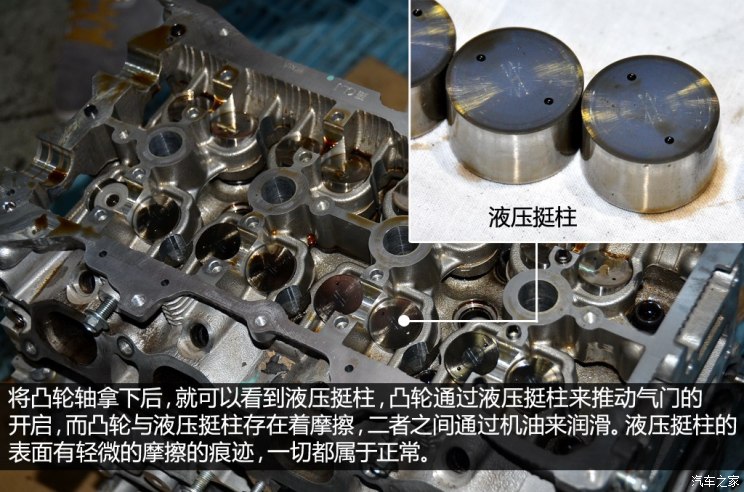
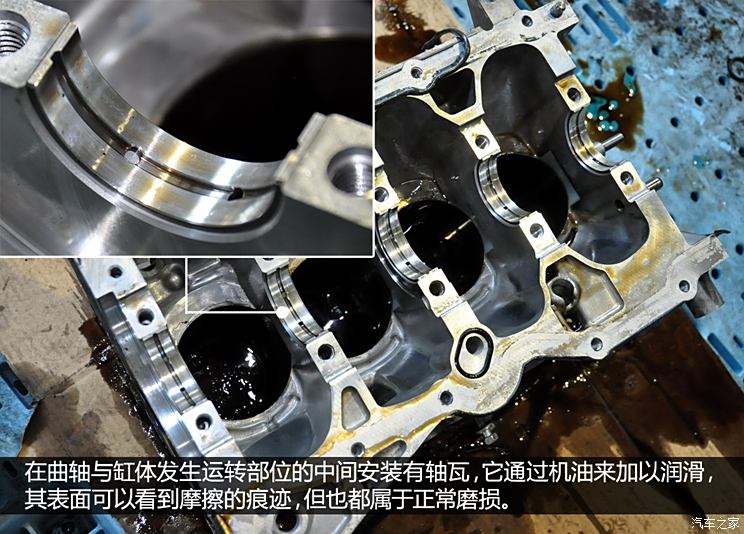
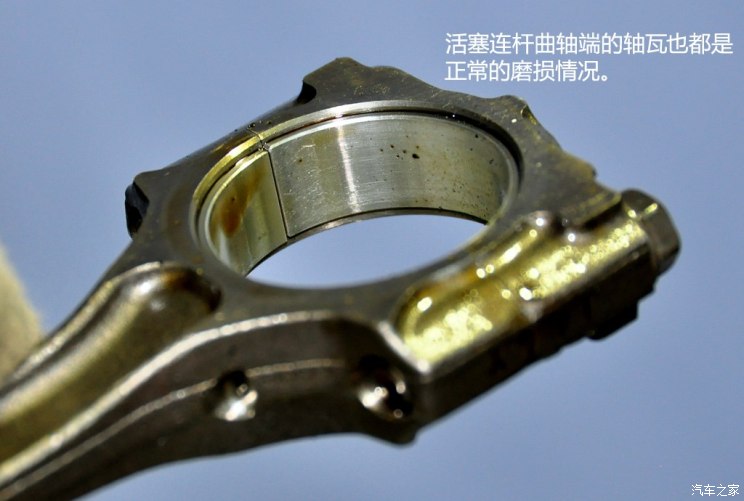
Both crank-connecting rod mechanism and valve timing structure run well after 100 thousand kilometers. Although you can clearly see the friction marks, they are all normal phenomena. This is not only due to the manufacturing accuracy, but also due to the engine oil, and changing the engine oil regularly is the best protection for these metal parts that are always in a harsh environment.
● Variable valve timing system with high requirements for oil cleanliness
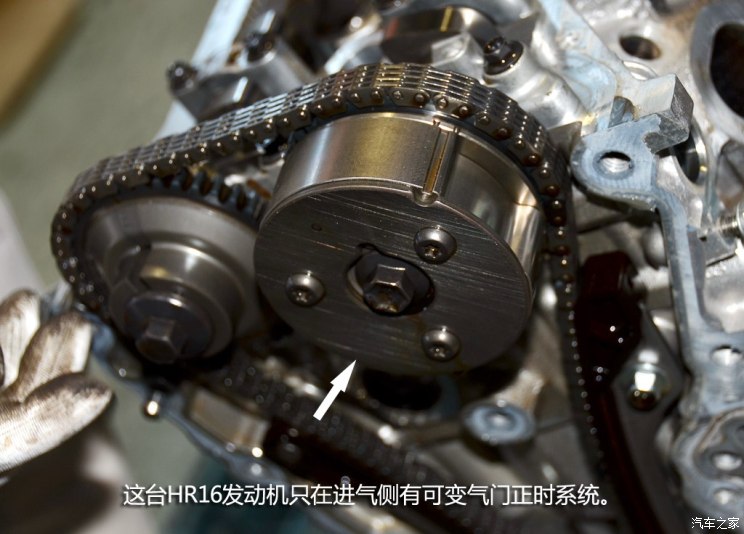

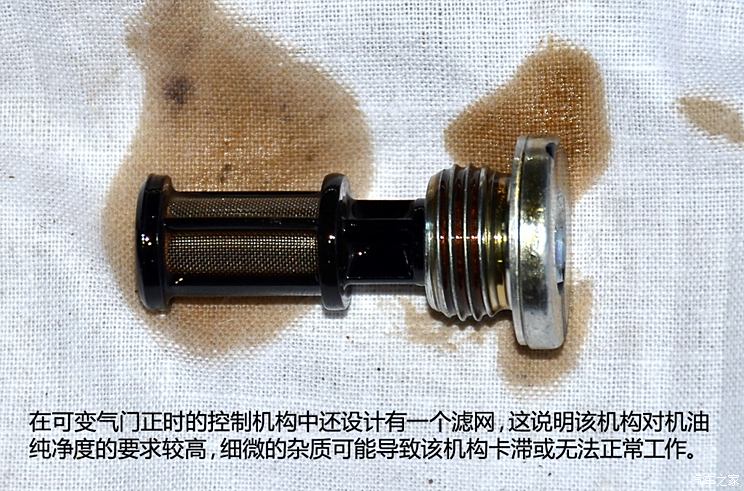
● Carbon deposition in injector and piston
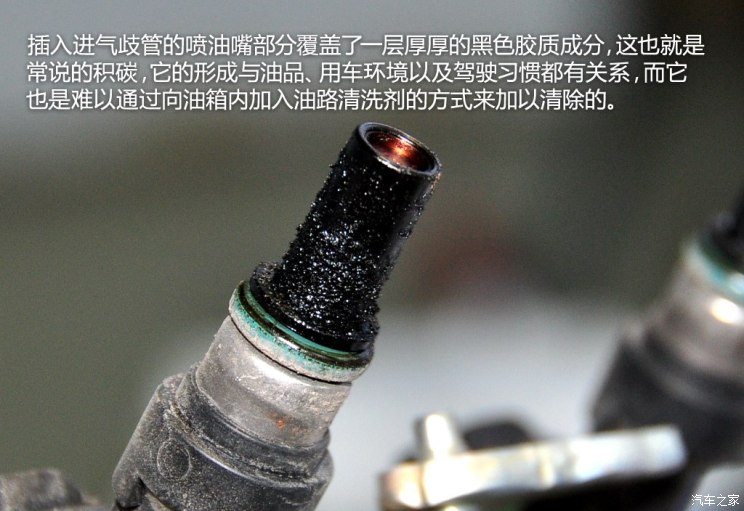
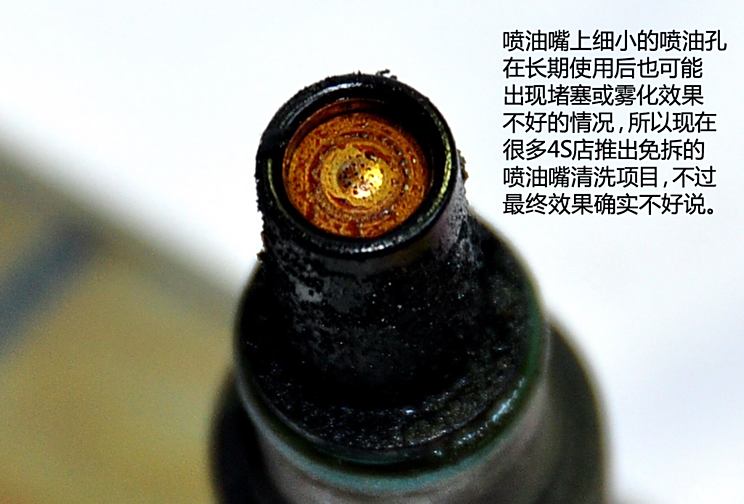
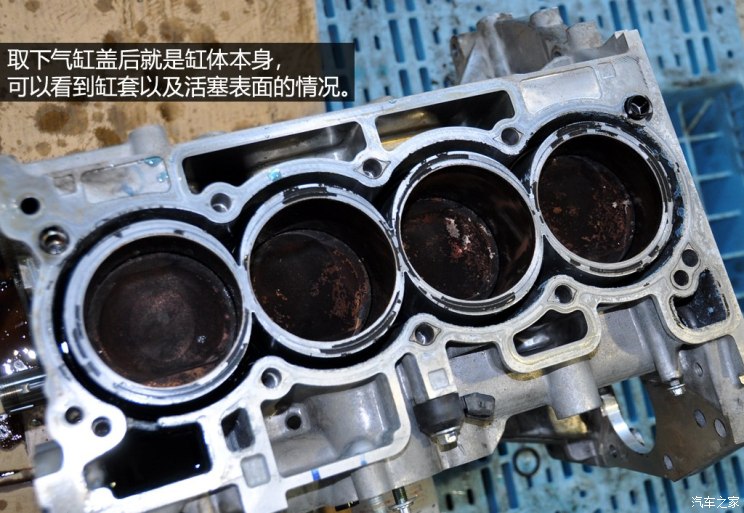
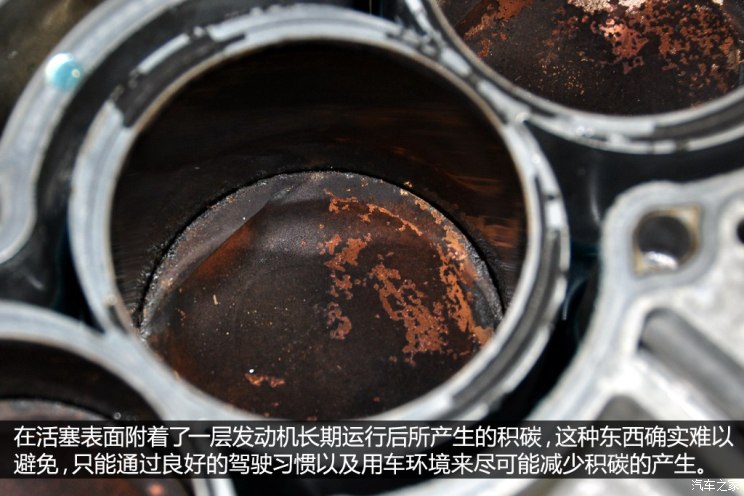
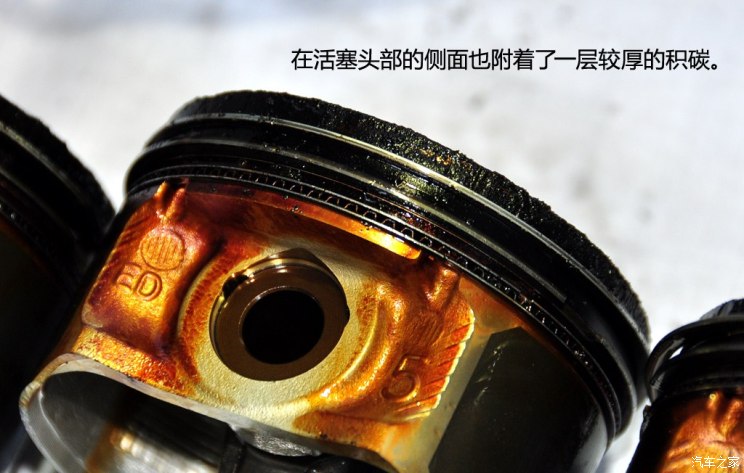
● Carbon deposition in intake and exhaust systems
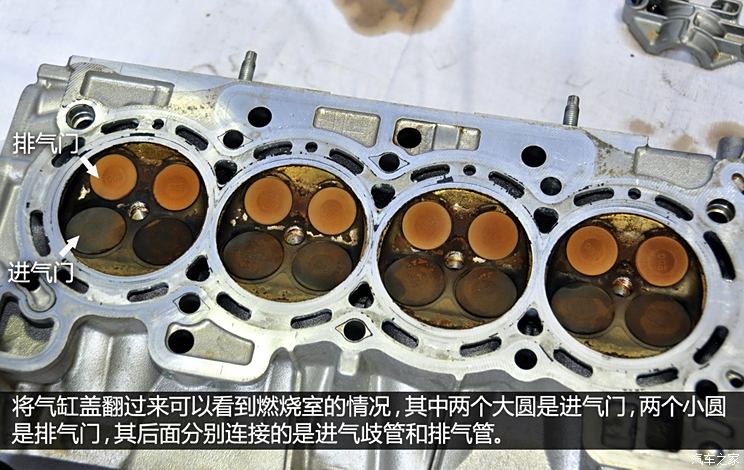
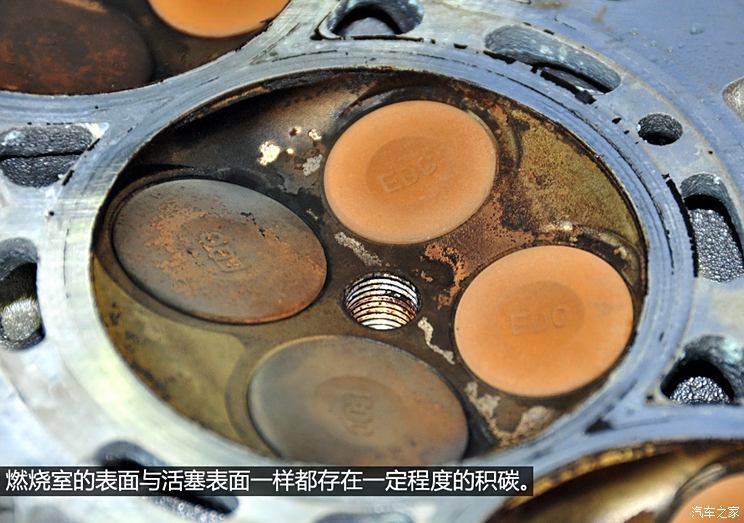
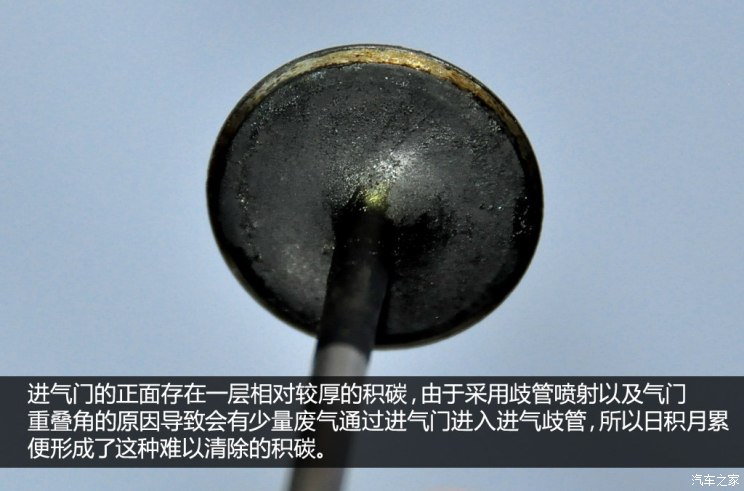
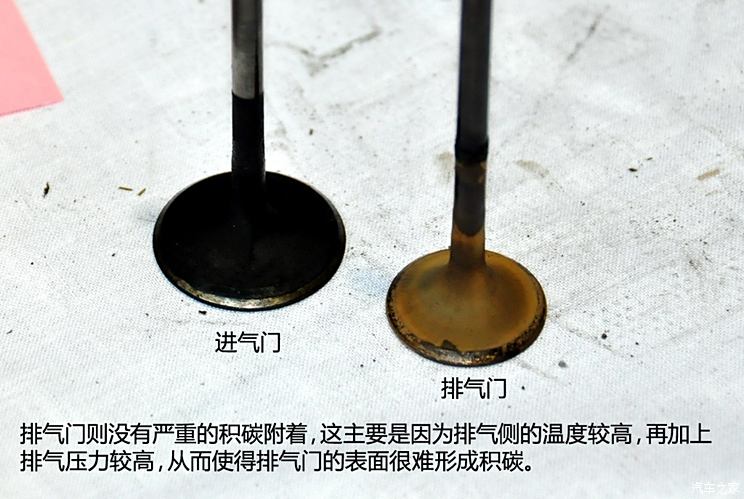
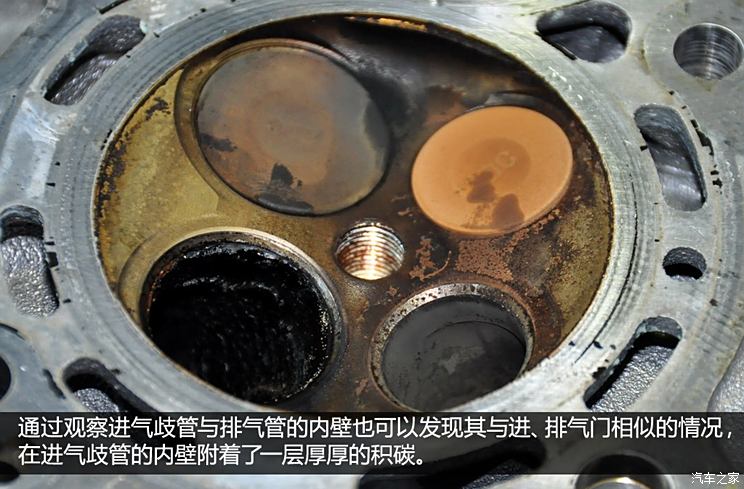
Although we often mention the word "carbon deposit", it will still be incredible when we see these things strongly attached to the relevant parts of the engine. Indeed, no matter how good the oil, car habits, car environment and other conditions are, carbon deposition is always inevitable, but some cars are more serious and some cars are less serious. For example, it is easier to form carbon deposition when driving on congested roads in cities, and once it is formed, it is difficult to completely remove it.
Stage 5: Disassembly of manual transmission
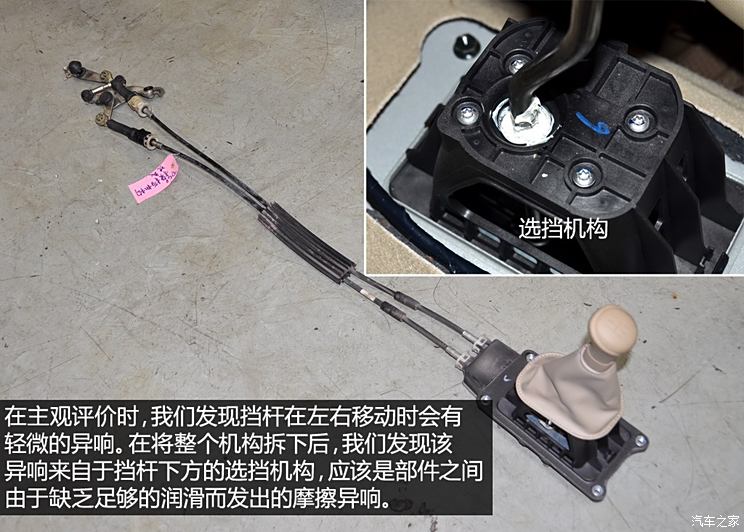
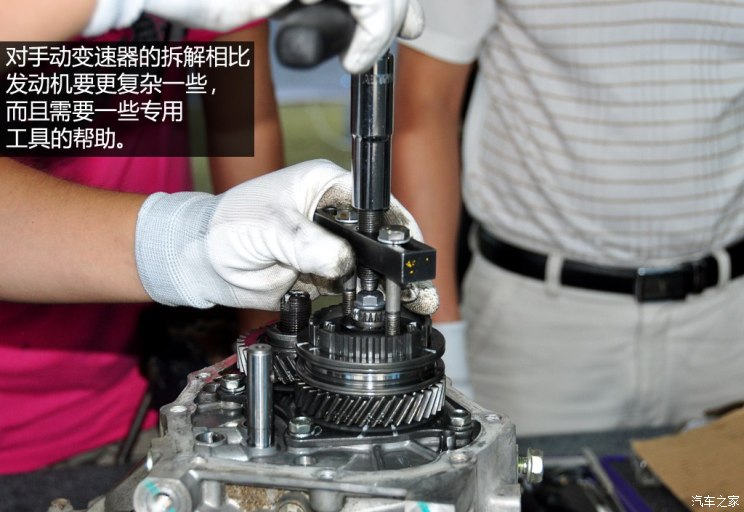
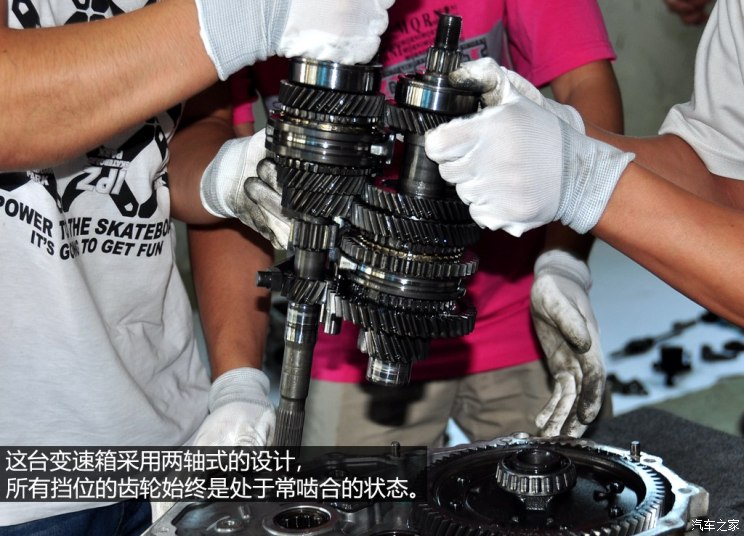
For friends who don’t know much about the structure of manual transmission, it is strongly recommended to click on the article "Manual transmission you don’t know: the mystery under the shift lever" to learn.
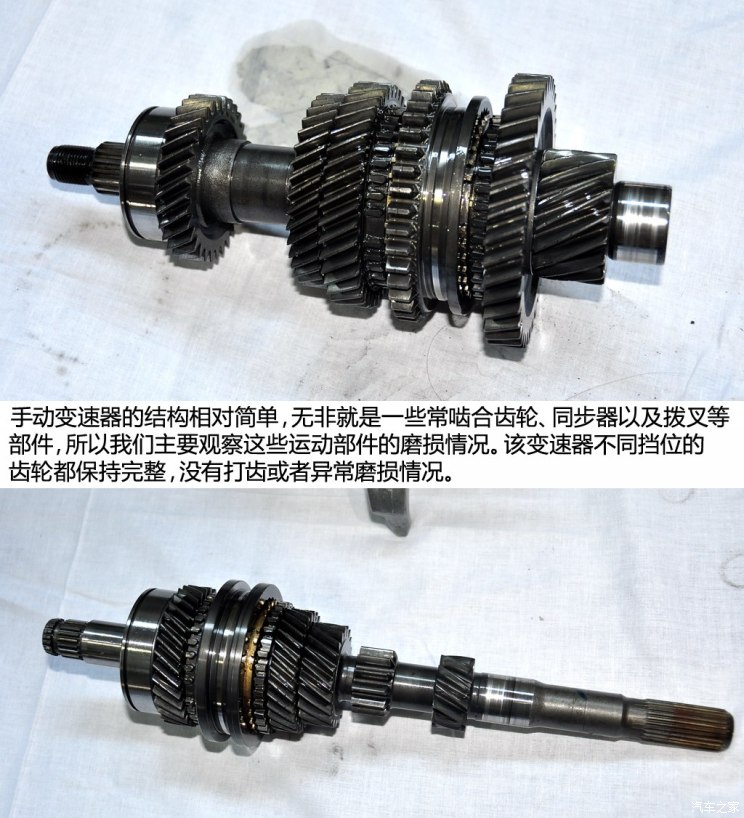
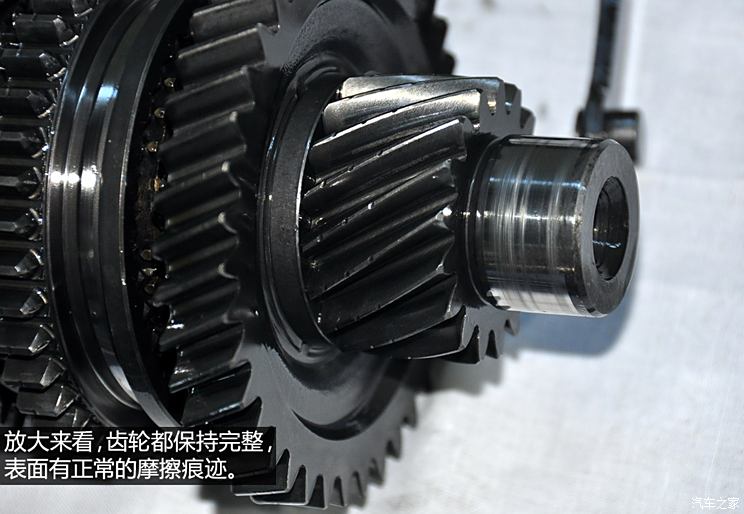
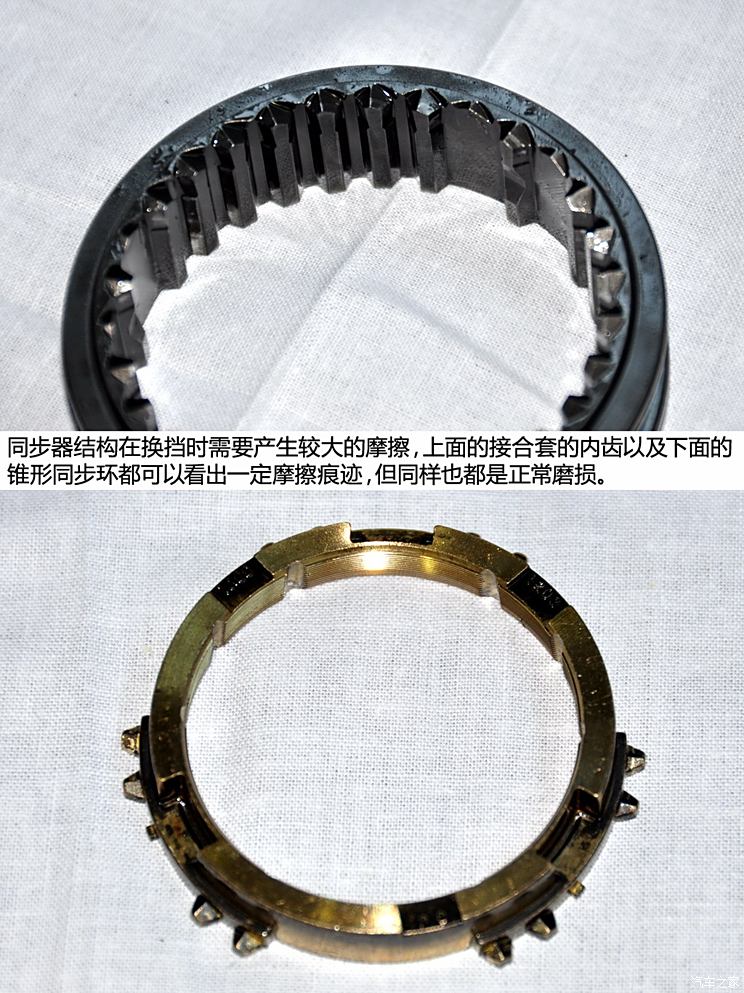
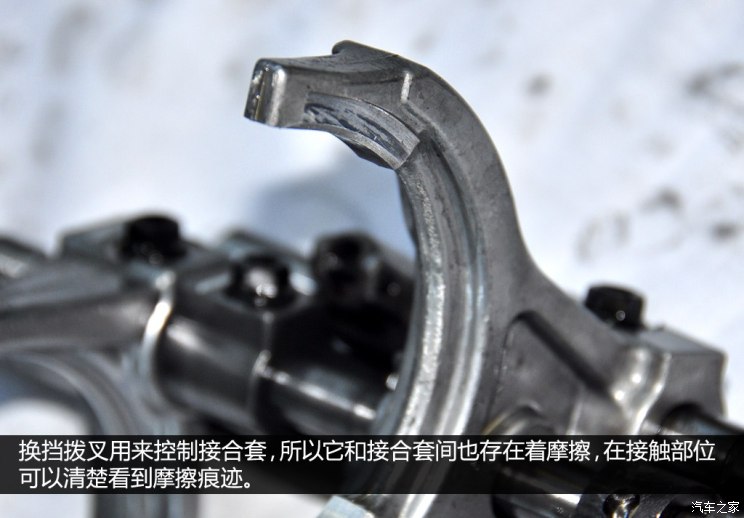
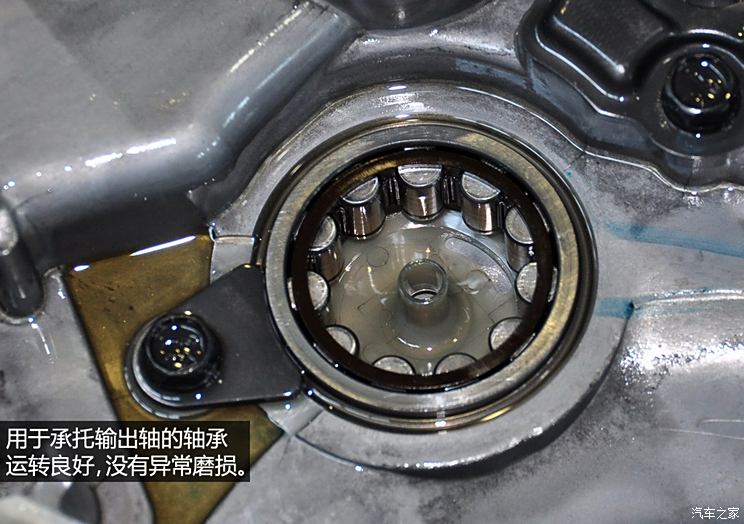
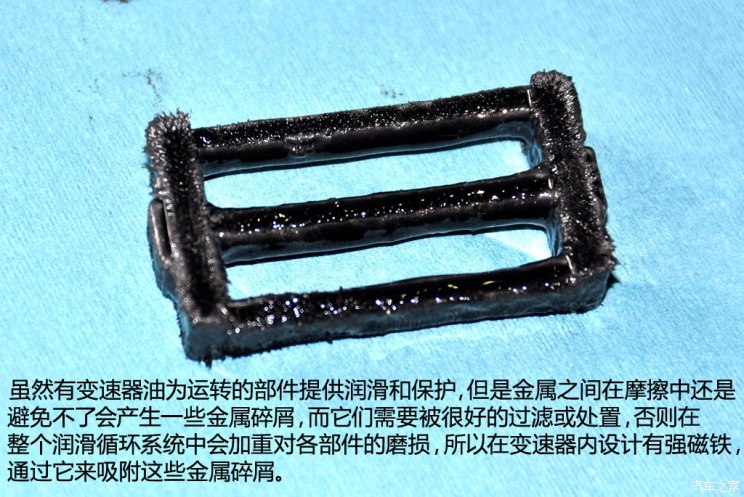
Full text summary:
After 100 thousand kilometers, the powertrain system is still in good condition, especially the degree of wear is low, so the importance of regular maintenance is self-evident. However, the generation of carbon deposit is inevitable. When it is serious, it will have a great impact on fuel consumption and power. If you want to completely remove it, you must completely disassemble the engine to solve it.
At this point, our topic of "100,000-kilometer vehicle dismantling" is over. Through dismantling, we show you what changes will happen to a vehicle that travels 100,000 kilometers, so as to help you develop good driving habits and strengthen the daily inspection and maintenance of the vehicle. As the saying goes, "three-point repair and seven-point maintenance", only in this way can we better enjoy the life of owning a car. (Text/car home Feng Jingyi)








































































































































